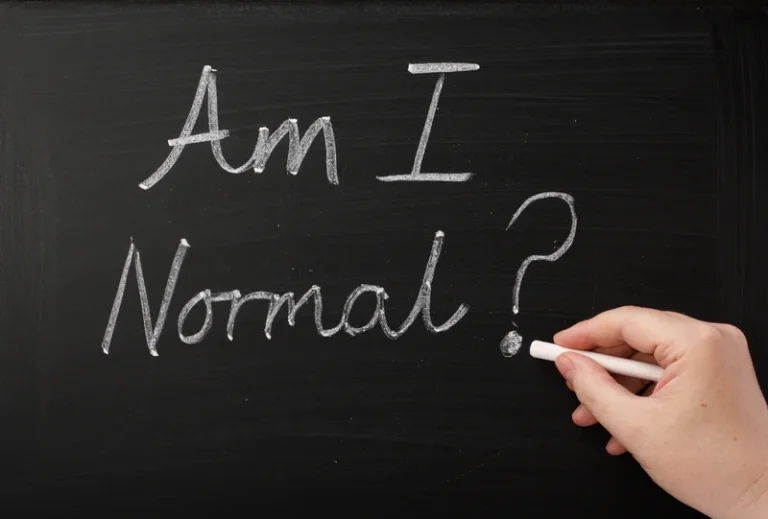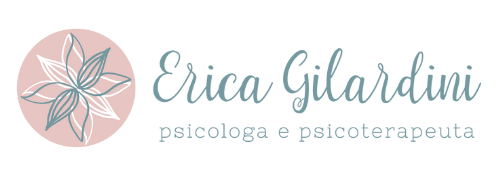6 steps to quit drinking on your own

The National Institute on Drug Abuse (NIDA) suggests that 40% to 60% of people with substance use disorders experience a relapse at some point. You may also consider joining an online support group to help you feel less alone. It might also be worth checking out a 12-step program in your area, like Alcoholics Anonymous or SMART Recovery, to see if it feels like something that might be useful for you. You might run into obstacles along the way that tempt you to drink. Keep in mind the reasons you chose to cut back on or quit alcohol. At the end of the day, one of the most important tools you have at your disposal is self-compassion.
- There are so many options, it’s likely there’s one out there for you – and switching means you can enjoy the health benefits of drinking less without losing your social life.
- It’s often easier to turn down a drink when you don’t have to do it alone.
- Perreault K, Bauman A, Johnson N, Britton A, Rangul V, Stamatakis E. Does physical activity moderate the association between alcohol drinking and all-cause, cancer and cardiovascular diseases mortality?
- Sometime between days 5 and 7, moderate to severe withdrawal symptoms typically lessen.
- No matter your situation, Dr. Das emphasizes the power of enlisting help as you embark on a life sans booze.
Talk to Your Doctor
The first thing you have to do is take a step back and evaluate your habits. That means looking at your relationship with alcohol so you can understand why you drink, when you drink and how much you drink. Exploring, in writing, what you find difficult and when you most want to drink can help you notice patterns that offer more insight into your alcohol use. Comparing the emotions that come up when you have a drink with the feelings you experience when abstaining also helps you recognize when drinking how to stop drinking doesn’t fix the problems you’re trying to manage. Maybe you’ve never been interested in logging your innermost thoughts, but journaling can be a great tool to track your feelings as you work on quitting alcohol.

Expert Tips For Reducing Your Alcohol Consumption
- It doesn’t require any special equipment or extensive training—just a few moments of focused breathing or mindfulness can set the process in motion.
- From month-long sobriety challenges to the Sober Curious movement, more and more people are taking a closer look at the role alcohol plays in their lives.
- However, deep reflection may help uncover where internal triggers arise.
- However, with the right tools and support—like those offered by Reframe—you’re equipped to navigate these challenges effectively.
But I still have a good time, and the occasional early exit feels like a small price to pay for feeling fresh the next day. While I didn’t miss drinking, I did miss pubs, music and having a bit of a dance, so I tried these activities sans-alcohol. At first I felt a little out of place, and my moves were far less flamboyant than before, but after a while I settled into things and enjoyed myself.
Best for Women: Women for Sobriety (WFS)
Remind yourself of why you want to cut back, talk to a friend about it and distract yourself with a hobby or exercise, the NIAAA suggests. You might reach for alcohol when you’re really just thirsty, says Crews. Drink a cup of soothing tea or a tall glass of water before you imbibe—once your thirst is quenched, you may not feel the need for as much—or any—alcohol. Get helpful tips and guidance for everything from fighting inflammation to finding the best diets for weight loss…from exercises to build a stronger core to advice on treating cataracts. PLUS, the latest news on medical advances and breakthroughs from Harvard Medical School experts.

Withdrawal risks
The alcohol content in specific beer, wine and liquor products differs. You can use the guidelines to get an idea of how many standard drinks you’re used to. Experts at The HAMS Harm Reduction Network, which comprises doctors, social workers, therapists and other experts, recommend using beer to taper because it’s easier to get drunk from liquor or wine. Sometime between days 5 and 7, moderate to severe withdrawal symptoms typically lessen. If you answer “yes” to two to three questions, your symptoms align with mild AUD.
How to Set Goals to Stop Drinking: A Practical Guide

If your alcohol consumption has been heavy or chronic, you may be dependent on alcohol. This means that if you suddenly stop drinking, you may experience symptoms of alcohol withdrawal. Depending on what your alcohol habit was like, you may experience fewer or more withdrawal symptoms as you cut back. Fortunately, these withdrawal symptoms shouldn’t last very long — about a week — but listen to your body in case something feels abnormal during this time. Try to stay focused on your end goal, and call your doctor if something doesn’t feel right. Since alcohol is relatively easy to get, legal to consume for those 21 and older, and is somewhat socially acceptable, it is one of the most widely-used intoxicating substances.
- Frequently reminding yourself and the people close to you why you want to stop drinking can help keep you on track, and may even encourage someone else to give up or cut down with you.
- This page will help you understand about the best method to help you to stop drinking – as well as our world famous top tips to quit drinking.
- With a better awareness of their consumption and the effects alcohol may have, a person may be more willing to quit.
- I personally used to worry that I wouldn’t be strong enough to stay sober.
Need more alcohol support?

Answer 5 quick questions to get your free mind plan from Every Mind Matters – including tips to help you deal with stress and anxiety, improve your sleep, boost your mood and feel more in control. Your mental wellbeing is just as important as your physical health. There’s lots of help out there, from your GP and counselling to alcohol support services. The more you drink, the higher your risk of serious health problems, including hypertension, stroke and cancers, including breast cancer.

